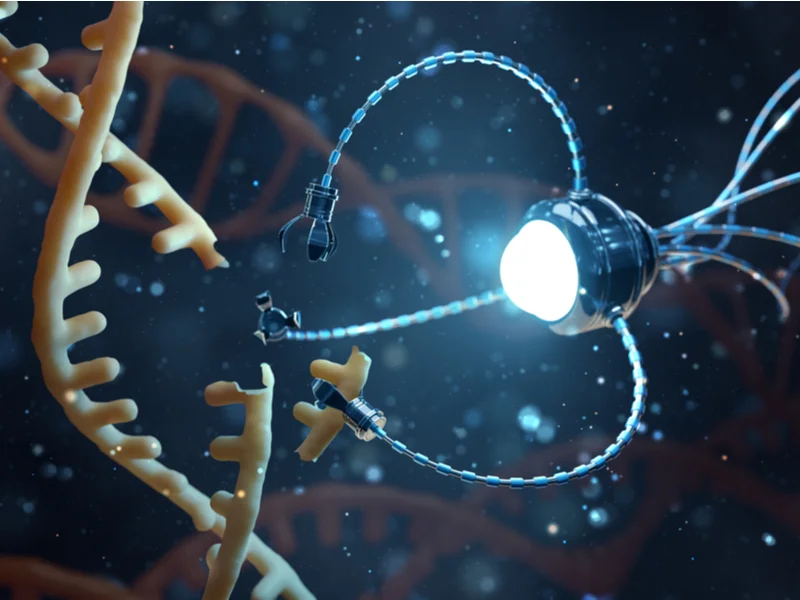In the realm of science and technology, the prefix “nano” often precedes revolutionary advancements that defy the ordinary. Nanotechnology, the engineering of functional systems at the molecular scale, is no exception. This field, which operates at the scale of one-billionth of a meter, has the potential to transform industries, medicine, and even the way we interact with our environment. The impact of nanotechnology is vast, despite its infinitesimal scale, making it a prime example of how small science can lead to big changes.
The Essence of Nanotechnology
Nanotechnology involves the manipulation of matter at the atomic and molecular levels to create materials, devices, or systems with new and enhanced properties. This manipulation can result in structures that are significantly different from those at larger scales, leading to unique optical, electrical, and mechanical properties. The essence of nanotechnology lies in its ability to control and utilize matter at the nanoscale, where quantum effects become significant, and the properties of materials can be precisely tailored for specific applications.
Applications Across Industries
Medicine and Healthcare
One of the most promising applications of nanotechnology is in the field of medicine. Nanoparticles can be engineered to deliver drugs directly to diseased cells, reducing side effects and improving treatment efficacy. This targeted drug delivery can revolutionize cancer therapy, allowing for treatments that are more effective and less damaging to healthy cells. Additionally, nanotechnology is being explored for the development of new vaccines, diagnostic tools, and even regenerative medicine, where nanomaterials can be used to promote tissue growth and repair.
Electronics and Computing
In electronics, nanotechnology is leading to the development of smaller, faster, and more energy-efficient devices. Transistors with components at the nanoscale are enabling the next generation of supercomputers and smartphones, pushing the boundaries of processing power and speed. Moreover, nanomaterials like graphene are being researched for their potential in creating flexible electronics, wearable technology, and even transparent displays.
Energy
Nanotechnology is also making significant strides in the energy sector. Nanomaterials can enhance the efficiency of solar cells, making renewable energy more viable and cost-effective. Additionally, the development of nanostructured batteries could lead to higher energy densities, faster charging times, and longer lifespans, revolutionizing the way we store and use energy.
Environmental Impact
The environmental applications of nanotechnology are equally impressive. Nanomaterials can be used to create more efficient filters for water purification, helping to address global water scarcity and pollution issues. Moreover, nanotechnology can play a crucial role in the remediation of contaminated soil and water, offering solutions that are more effective and less invasive than traditional methods.
Ethical and Safety Considerations
Despite its potential, nanotechnology also raises important ethical and safety considerations. The unique properties of nanomaterials at such small scales can lead to unforeseen interactions with biological systems, raising concerns about their environmental and health impacts. As such, the development of nanotechnology must be accompanied by rigorous safety assessments and ethical considerations to ensure that its benefits are maximized while minimizing potential risks.
Conclusion
Nanotechnology represents a frontier in science and engineering, where the manipulation of matter at the smallest scales can lead to transformative changes in technology, medicine, and beyond. Its impact is vast, offering solutions to some of the most pressing challenges of our time. As research in this field continues to advance, the potential for nanotechnology to shape the future is limited only by our imagination and our commitment to responsible innovation. Small science, indeed, has the potential for big impact, and nanotechnology stands at the forefront of this transformative journey.
